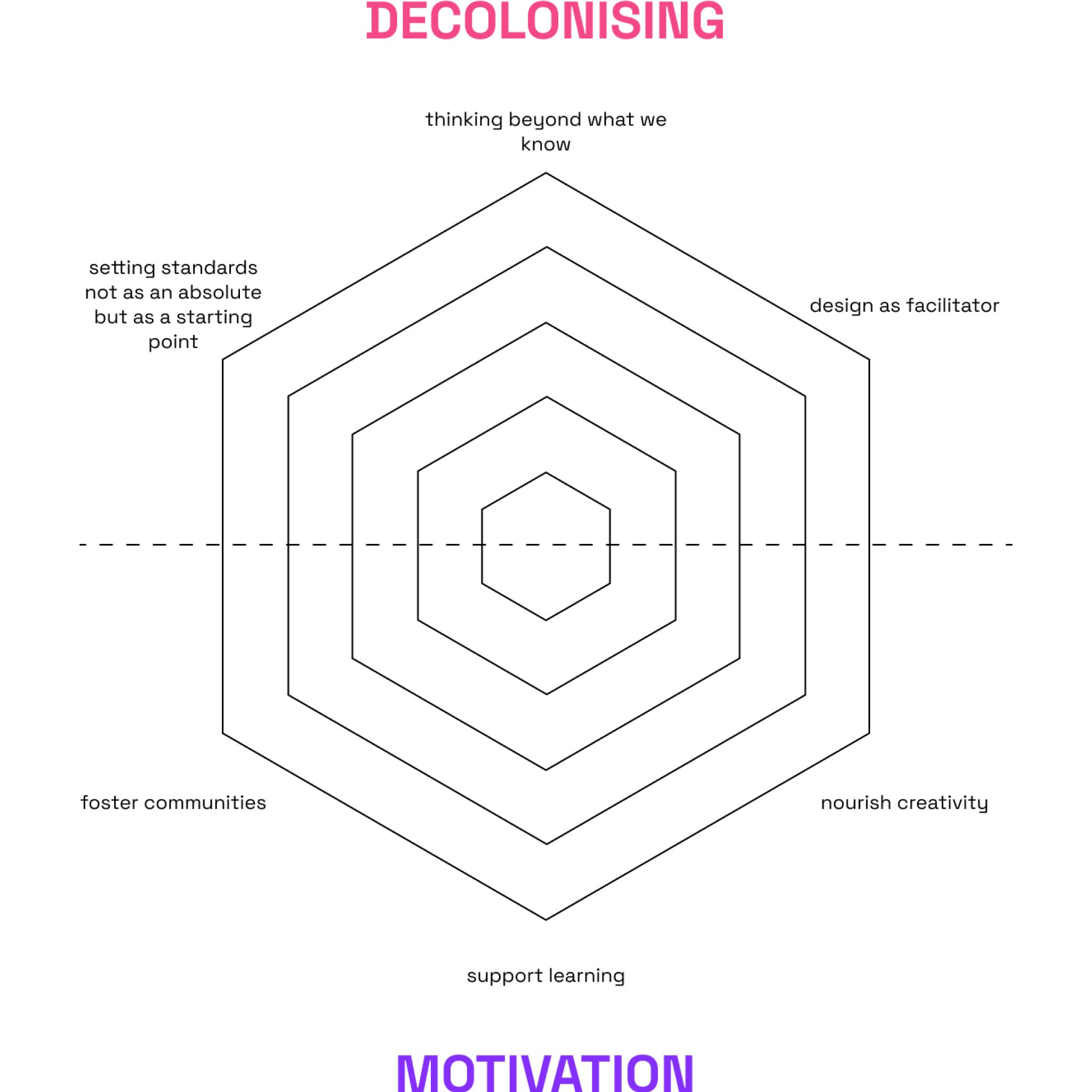RETHINKING ELECTRONICS
WHAT
The essay examines the impact of consumer electronics and argues that democratisation and decolonisation are essential for creating better design work in the future.WHY
Compared to 10 years ago, electronics now govern our lives. These tools now seem to have power over us, rather than the other way around.Why is this, who or what is really in control? And how can we regain autonomy before it's too late?

THE SPARK

When we examine the design of consumer electronics, it appears that the joy of these devices is diminishing, and we are left with monotonous light-emitting screens that govern our daily lives.
Have we optimised everything to such a degree of perfection that all irrationality has been eliminated, leaving us with what works rather than what is best for us, as human beings?
Have we optimised everything to such a degree of perfection that all irrationality has been eliminated, leaving us with what works rather than what is best for us, as human beings?
How did we arrive at this point, and what should we do about it?


CONCLUSIONS:
- There is need for transparent communication between humans and electronic objects through an open, playful, and poetic approach.
- Designers need to decolonise design, acknowledge intersectionality, seek diverse perspectives, and recognise the contingency of design knowledge for just and sustainable solutions.
- Decentralising the creation of consumer electronics and its distribution to democratise innovation and reduce costs through accurate user models.
- Accessibility to tools and support is crucial for user autonomy and self-actualisation.
︎︎︎
BETA ELECTRONICS’ FRAMEWORK OF EVALUATION
In my essay, I developed a framework to guide my design process in decolonising and democratising consumer electronics.


How might design empower marginalised individuals to sustainably participate in the creation of consumer electronics?
(focusing specifically on individuals who are marginalised in the creation of consumer electronics)
Using design to allow people to create their own electronics with salvaged parts from the most common consumer electronics.
Using design to allow people to create their own electronics with salvaged parts from the most common consumer electronics.
VALUE:
- Tackle the over-buying of components
- Empower users to have the autonomy to design the electronics they want
- Affordable option as no specialised equipment is necessary
WHY?
The concept offers a fun, feasible solution for sustainable consumer electronics design that's inclusive of diverse age ranges and global regions.
POTENTIAL:
A response to the current problem within the design field and e-waste through education and play.
The concept offers a fun, feasible solution for sustainable consumer electronics design that's inclusive of diverse age ranges and global regions.
POTENTIAL:
A response to the current problem within the design field and e-waste through education and play.
